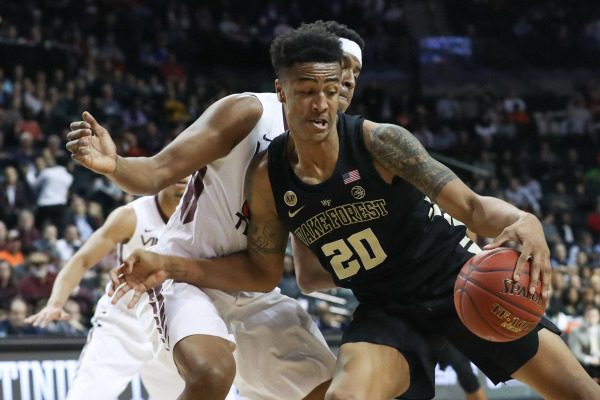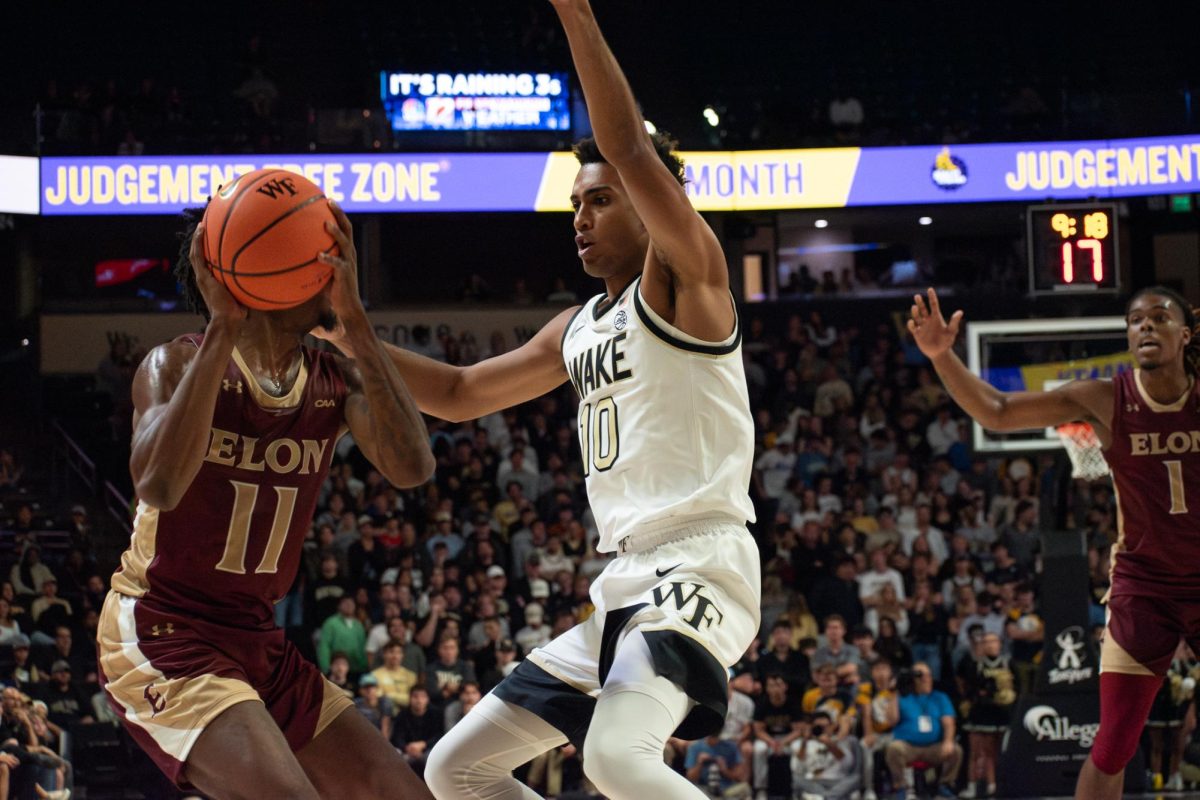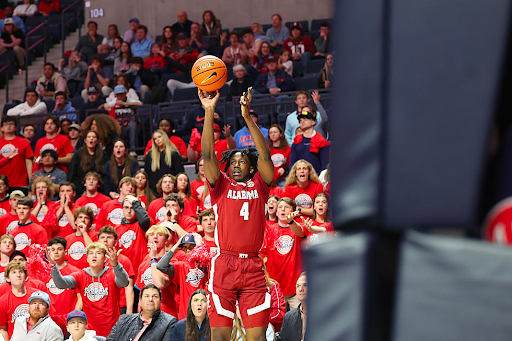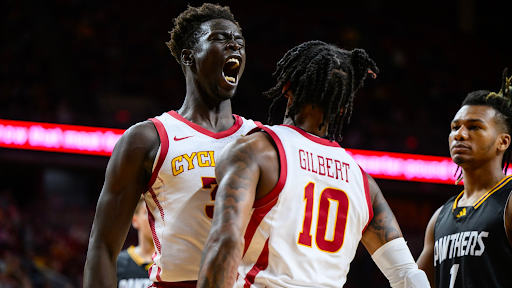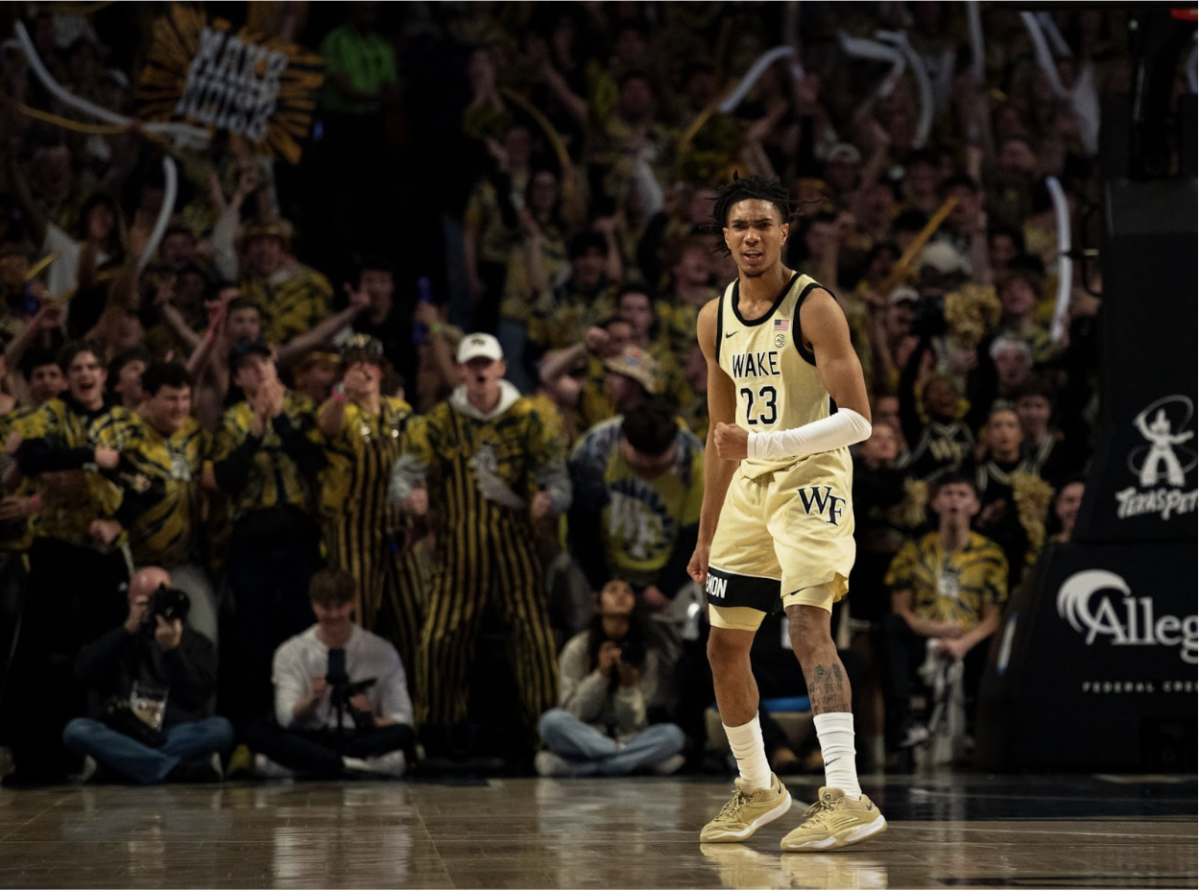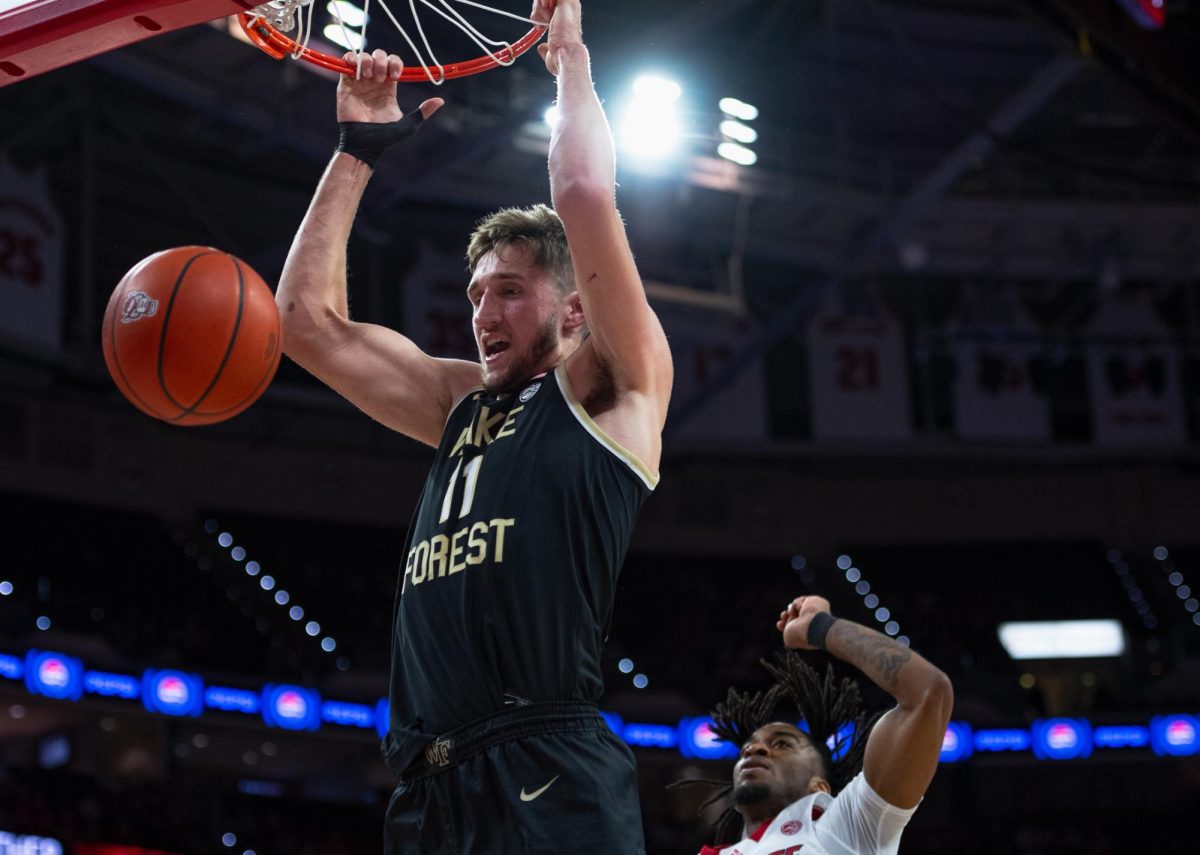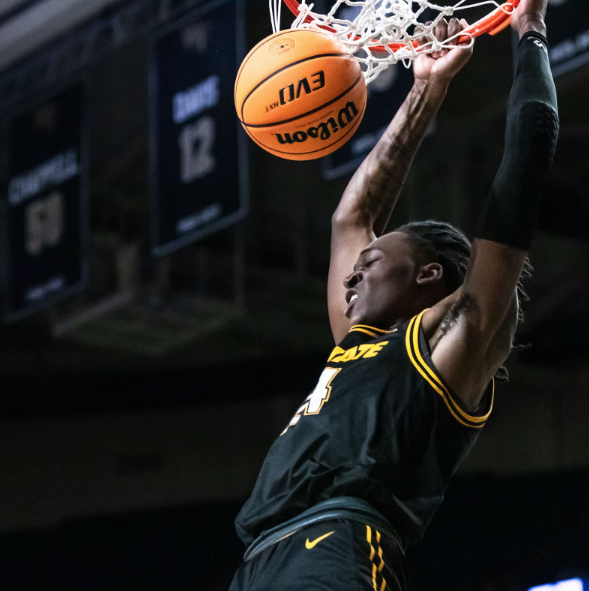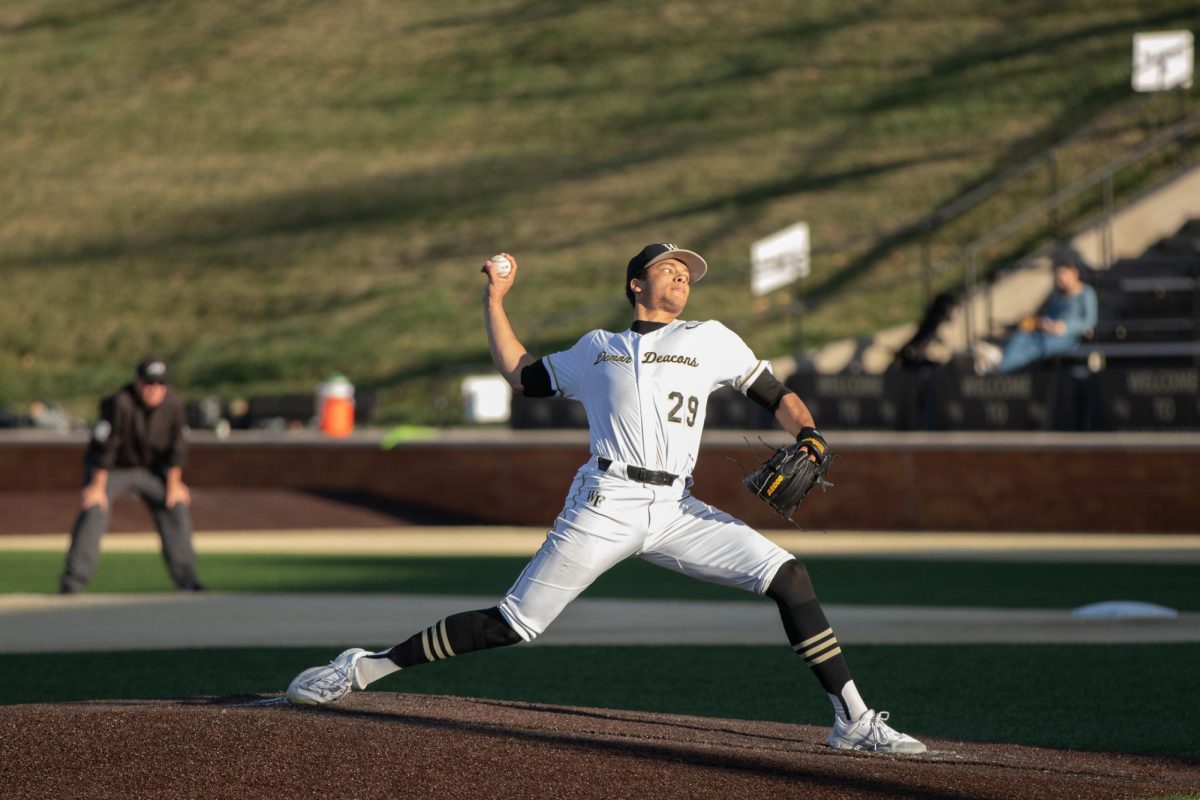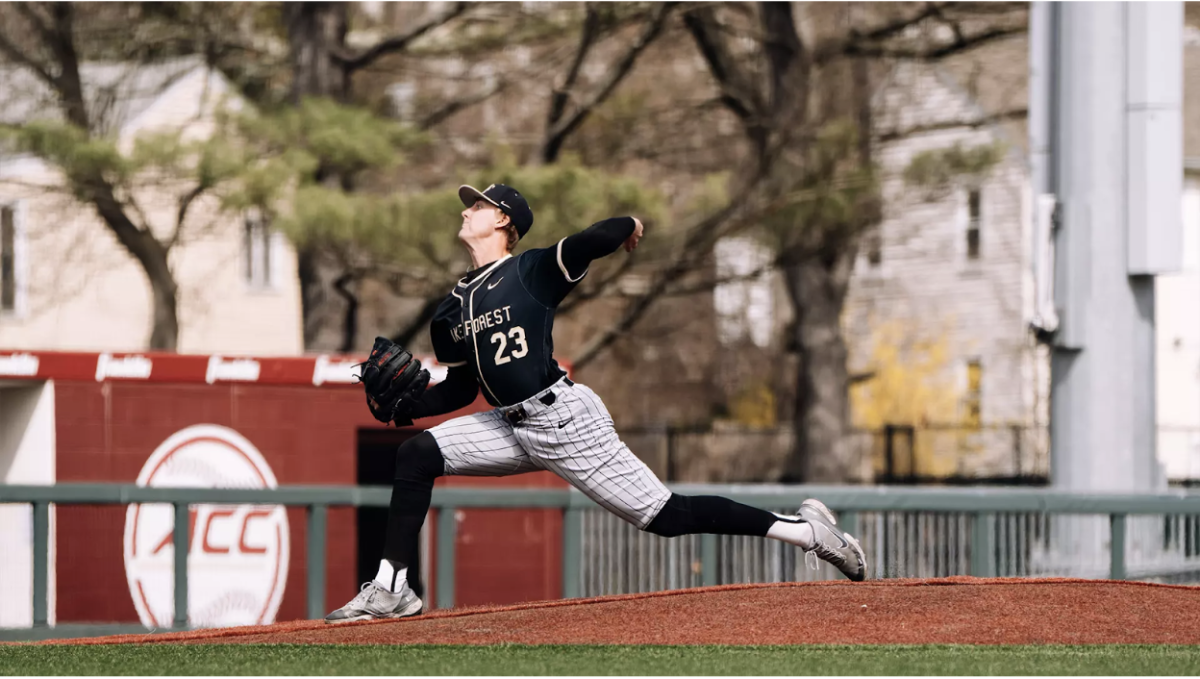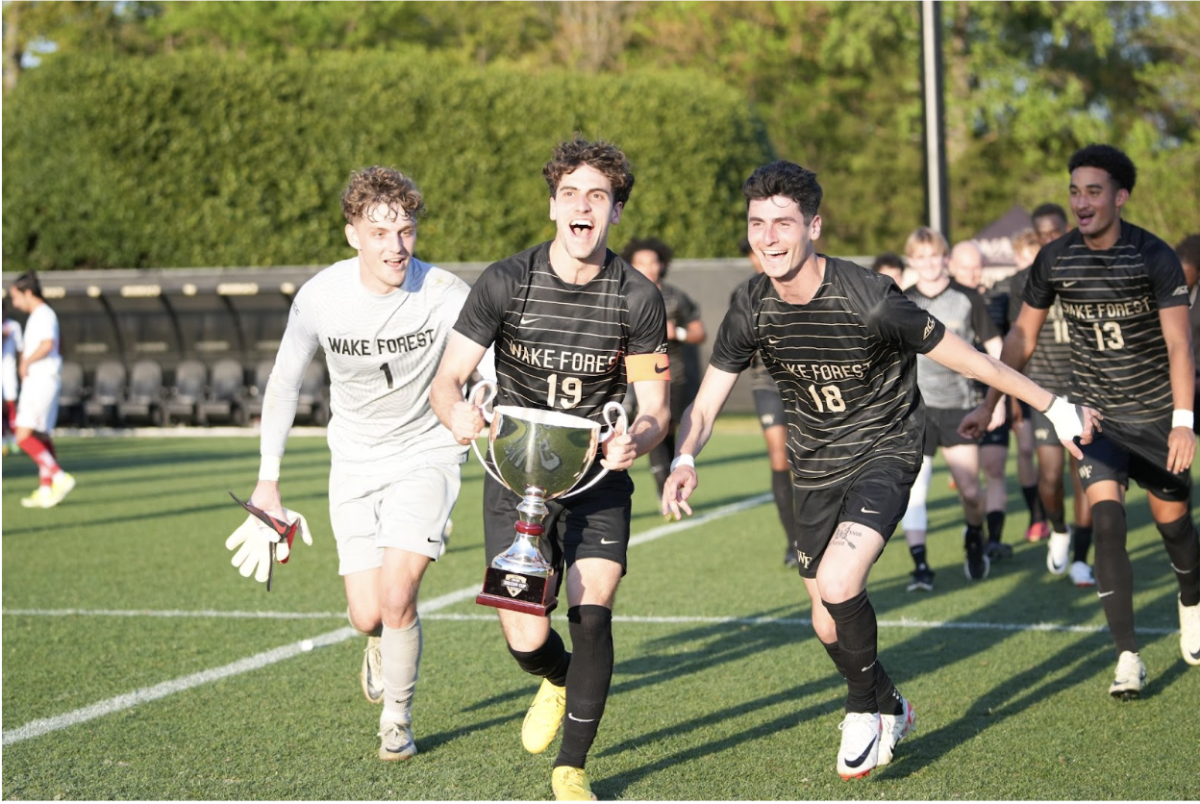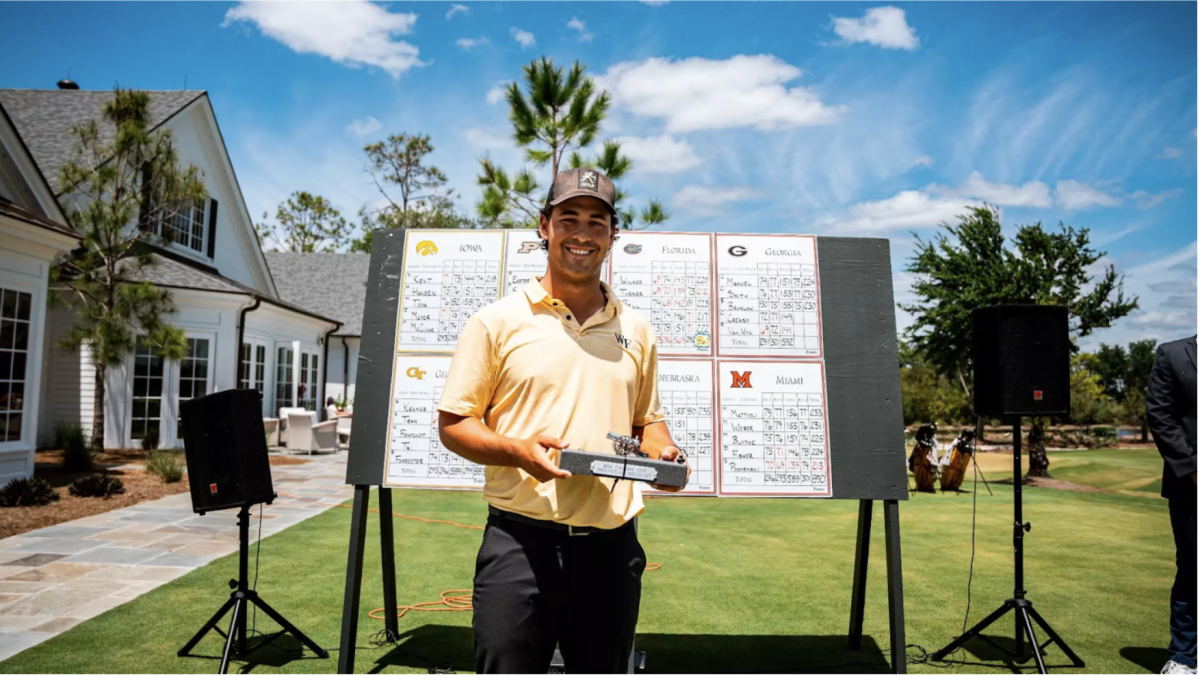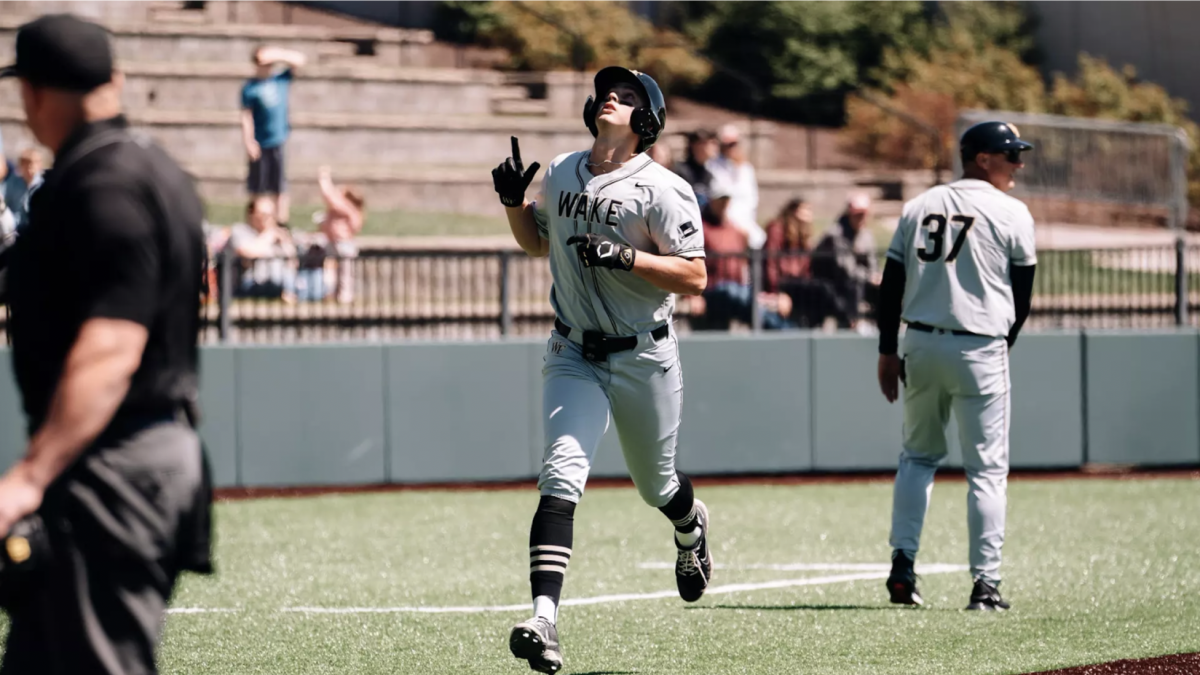Since its inception, professional basketball has experimented with several draft eligibility regulations.
In 1974, Moses Malone was the first player to enter the professional draft directly after graduating high school. Household names in the league today such as Kobe Bryant, LeBron James and Dwight Howard all entered the NBA while this post high school rule was still in effect. However, in 2005, former NBA Commissioner David Stern mandated that players must be 20 years of age to enter the draft. Enraged by this proposition, the Players’ Association was able to create a compromise by bringing the age limit down to 19.
When the compromise expired in 2011, it resulted in a lockout from which the current draft regulations originated. Known around the basketball world as the “one- and-done” rule, the rule states that a player must be 19 years of age and one year removed from high school to enter the draft. The latest classes of NBA stars entered the draft under these regulations and some teams have established themselves as “one and done programs.” Kentucky, Duke, UCLA and North Carolina are all teams that often have a majority of their starting five enter the draft after one year of college play.
If the top players have a clear future in the NBA, what happens to the middle-tier group during draft selection? In 2016, the NBA decided to enact a new rule that could possibly be a benefit for NBA-worthy players who might need more time to develop. While the most elite “one-and-done” players generally fall into the top 10 to 15 draft pick slots, college players who are predicted to be selected later in the draft now have a new option.
The NCAA’s new rules state that a player is allowed to declare for the draft, but can remain NCAA eligible if they do not hire an agent. With the withdrawal period extended to 10 days after the NBA Combine, a player can better assess potential draft seeding and test the waters in the NBA combine. If an underclassmen player decides to back out of the draft within this time period, they can be rostered for the next college season.
According to the NCAA, about 110 players decided to declare for the draft without declaring an agent last season, with around half returning to play another college basketball season, indicating that many players took advantage of the new provision.
This season will be no different. Last week the Old Gold and Black sports editors Ethan Bahar and Daniel Pachino wrote an open letter to Wake Forest sophomore forward, John Collins, delineating the specific reasons as to why he should remain with the team for one more season after being named the school’s 15th Men’s Basketball All-American. Collins recently announced that he would declare for the draft. However, he has yet to hire an agent.
This 2016 amendment to the NBA draft rule allows Collins and several other players projected to go in the mid-to-late first round, such as Texas’ Jarrett Allen and Louisville’s Donovan Mitchell, a chance to officially enter the draft or stay in college.
After the conclusion of the NCAA tournament in the coming weeks, it will be interesting to see if Collins and others take a chance in the NBA Draft or continue their college basketball careers.

